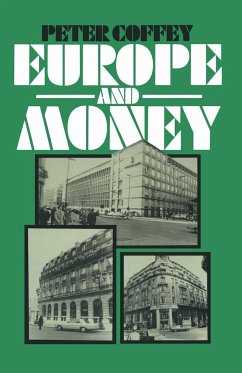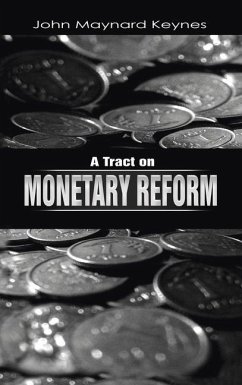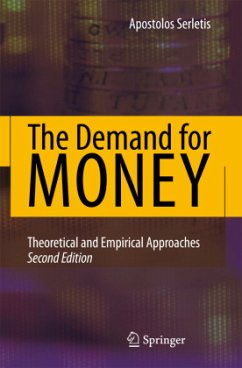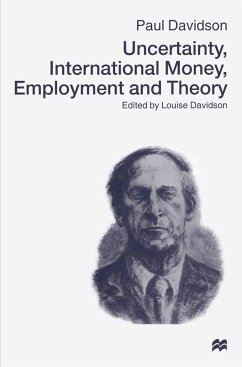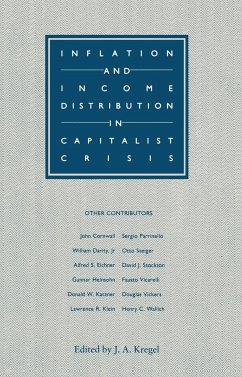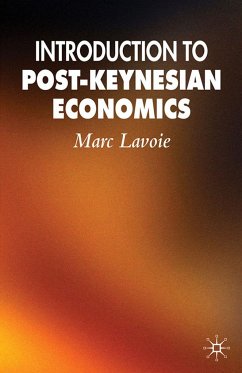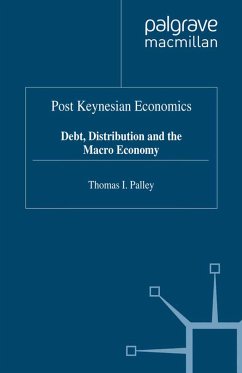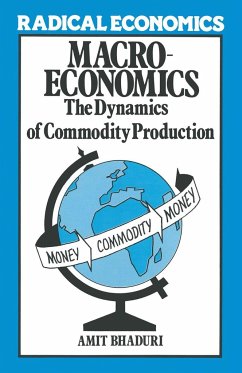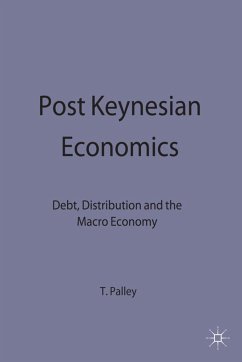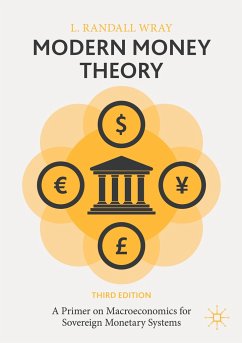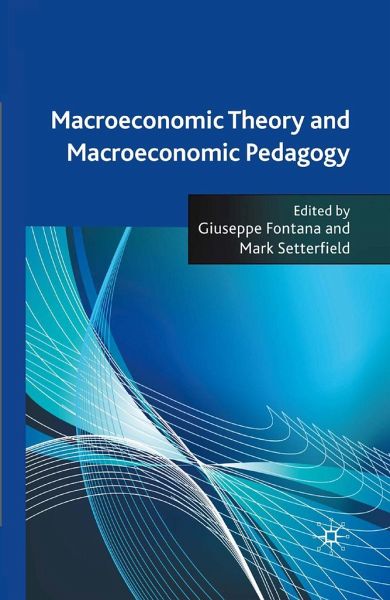
Macroeconomic Theory and Macroeconomic Pedagogy

PAYBACK Punkte
19 °P sammeln!
In recent years, there has been much debate over the extent to which undergraduate textbook macroeconomic models are theoretically well grounded and whether they adequately reflect the latest developments in the field. The aim of Macroeconomic Theory and Macroeconomic Pedagogy is to encourage and advance this debate, with a specific view to improving macroeconomics education. The book contains sixteen essays from internationally renowned scholars working in the field of macroeconomics. Contributions examine teaching models in light of recent developments in theory, with an eye to promoting a b...
In recent years, there has been much debate over the extent to which undergraduate textbook macroeconomic models are theoretically well grounded and whether they adequately reflect the latest developments in the field. The aim of Macroeconomic Theory and Macroeconomic Pedagogy is to encourage and advance this debate, with a specific view to improving macroeconomics education.
The book contains sixteen essays from internationally renowned scholars working in the field of macroeconomics. Contributions examine teaching models in light of recent developments in theory, with an eye to promoting a better understanding of real world issues. Topics include the 3-equation New Consensus model, extensions and alternatives to this model, and endogenous money and finance A collection of essays from internationally renowned scholars that draw on the latest developments in macroeconomic theory to promote a better understanding of current world issues
The book contains sixteen essays from internationally renowned scholars working in the field of macroeconomics. Contributions examine teaching models in light of recent developments in theory, with an eye to promoting a better understanding of real world issues. Topics include the 3-equation New Consensus model, extensions and alternatives to this model, and endogenous money and finance A collection of essays from internationally renowned scholars that draw on the latest developments in macroeconomic theory to promote a better understanding of current world issues





